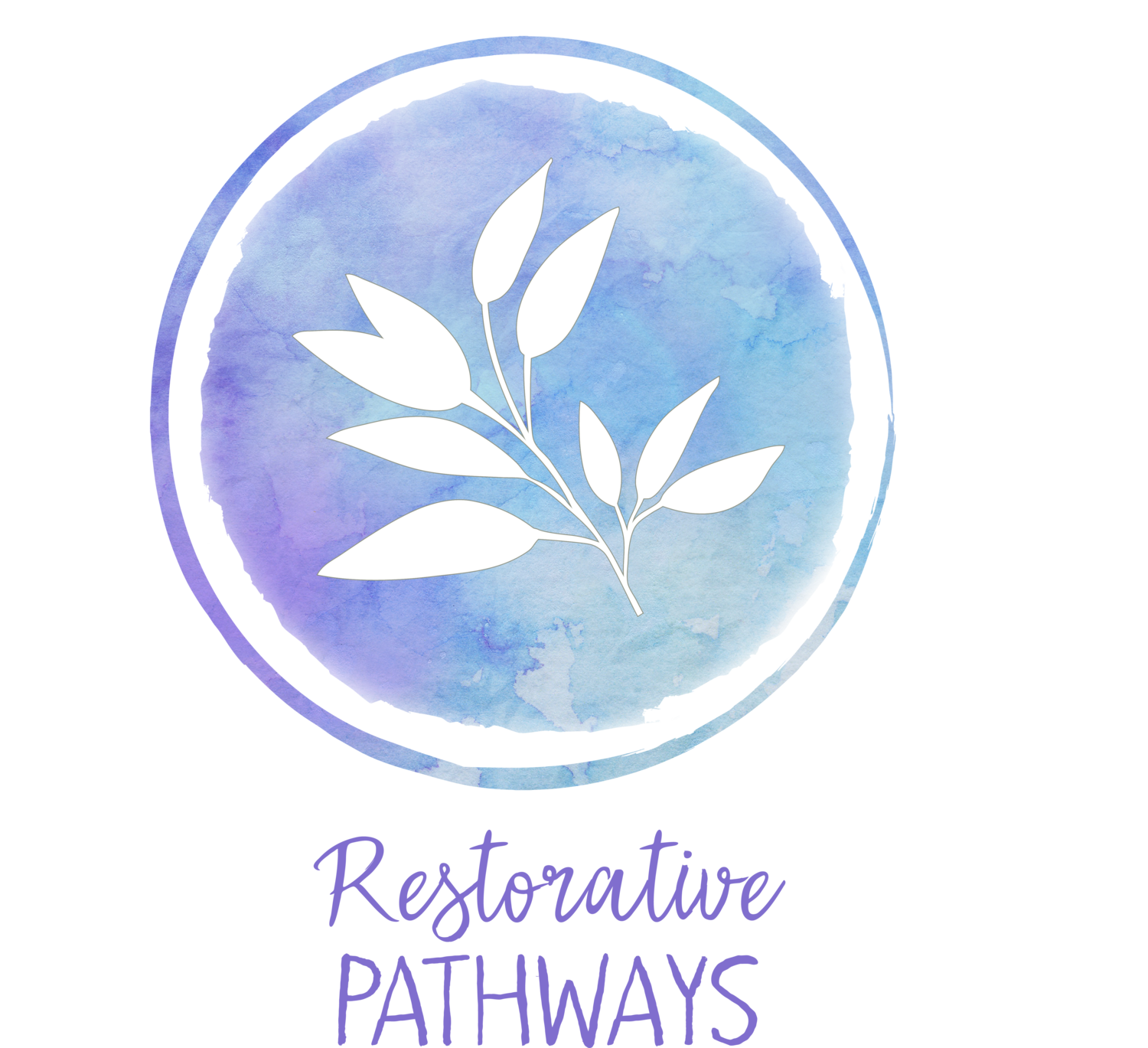It's Music Therapy Month in Ohio! So... what is Music Therapy?
We are excited that Restorative Pathways Counseling now offers music therapy. Music therapy may interest you, but many people don’t really understand what music therapy is and how it can help them. I want to make sure you understand what music therapy is and how it might be able to help you. So, what is music therapy? The American Music Therapy Association defines music therapy as the clinical and evidence-based use of music interventions to accomplish individualized goals within a therapeutic relationship by a credentialed professional who has completed an approved music therapy program. Simply put, music therapy is a treatment modality that can be offered by someone with appropriate training and education. But music therapy is more than just listening to music, it focuses on making improvements through the support of music. Within the music therapy field there is an emphasis on creative, emotional, and energizing experiences of music for health treatment and educational goals.
Music therapy can promote wellness, manage stress, help with expressing emotions, improve communication, and enhance memory. (American Music Therapy Association, 2005). Music therapy can be helpful for people of all ages including adults, teens, and kids and can help with many different disorders including depression, anxiety, and trauma. Examples of music therapy interventions that you could do include song writing, lyric discussions, learning through music, receptive music listening, and improvisation.
You may be asking yourself “Do I need to be a musician to benefit from music therapy?” The answer is no! Anyone can benefit from music therapy. Have you ever felt a song captured your feelings and maybe even expressed your emotions more clearly than you could yourself? If so, music therapy could be a great fit for you. Have you ever felt moved by music that you experienced? Then you could find real benefit in music therapy.
And no genres of music are off limits. All genres of music from rap to country to instrumental music and everything in between can be explored. Your preferred music style is incorporated into treatment alongside established goals and hopeful outcomes of treatment. You would work hand in hand with me or any other music therapist to develop goals and objectives for treatment, just like you would in a standard counseling session.
Through music therapy, you may be encouraged to experience music in a new way. Together, we might try playing an instrument. Often, we use percussion instruments for self-expression. Imagine hitting drums to show anger or creating a simple melody on a xylophone to show happiness. Instrumental music is often used to help decrease anxiety while supporting mindfulness and deep breathing. Think about listening to the ocean waves and breathing in time to the same. We have a drum for that!
You may also be encouraged to share recorded music that is personal to you. Exploring lyrics in music allows for expression and deeper discussion to investigate concerns related to mental health. You could also explore instrumental music to create a safe space for relaxation or draw emotions that are stirred up through the music. Creating playlists to listen to outside of therapy can assist in emotional expression and something we could work on together.
Overall, music creates a safe space for expression of emotions, exploration of stressors, and alleviation of symptoms. Music therapy can help to provide a space for reflection and exploration within our sessions while also creating takeaways to use in everyday life. Music therapy is a fun, motivational way to make gains in mental health which lead to long term improvements in the self. I would love to work with you using Music Therapy. You can schedule an appointment with me at the link below.
- Sarah
Dr. Oliver Sacks, a neurologist and medical doctor shared the following about the use of music therapy with his patients. Dr. Sacks reports that patients with neurological disorders who cannot talk or move are often able to sing, and sometimes even dance, to music. "I regard music therapy as a tool of great power in many neurological disorders -- Parkinson's and Alzheimer's -- because of its unique capacity to organize or reorganize cerebral function when it has been damaged." Advocates for music therapy say it can help ease the trauma of grieving, lessen depression and provide an outlet for people who are otherwise withdrawn.
Plato shared that “music is a moral law. It gives soul to the universe, wings to the mind, flight to the imagination, and charm and gaiety to life and to everything”.
Reference:
American Music Therapy Association. (2005). American Music Therapy Association. What is Music Therapy? | What is Music Therapy? | American Music Therapy Association (AMTA). Retrieved September 2, 2022, from https://www.musictherapy.org/about/musictherapy/


